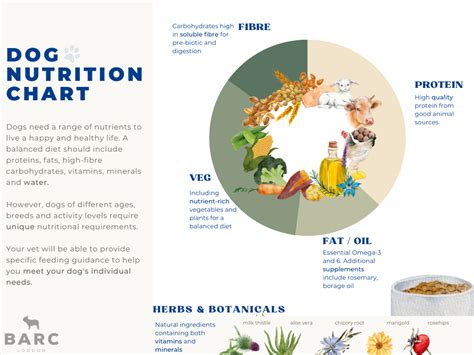Pet nutrition and diet planning are critical aspects of pet ownership, as they directly impact the health and well-being of our beloved companions. To ensure our pets live long, healthy lives, it is essential to provide them with a balanced and nutritious diet that meets their specific needs.

Nutritional Requirements of Pets
The nutritional requirements of pets vary depending on their species, age, weight, and activity level. However, there are some general principles that apply to all pets:
- Proteins: Proteins are essential for building and repairing tissues, producing enzymes and hormones, and transporting oxygen.
- Carbohydrates: Carbohydrates provide energy for the body.
- Fats: Fats provide energy and help the body absorb vitamins and minerals.
- Vitamins: Vitamins are essential for a variety of bodily functions, including metabolism, immunity, and reproduction.
- Minerals: Minerals are also essential for a variety of bodily functions, including bone development, muscle function, and nerve transmission.
Pet Diet Planning
When planning a diet for your pet, it is important to consider several factors, including:
- Your pet’s age: Puppies and kittens have different nutritional needs than adult pets.
- Your pet’s weight: Overweight pets are at risk for a variety of health problems, including heart disease, diabetes, and arthritis.
- Your pet’s activity level: Active pets need more calories than sedentary pets.
- Your pet’s health: Pets with certain medical conditions may need a special diet.
Commercial Pet Foods vs. Homemade Diets
There are two main options for feeding your pet: commercial pet foods and homemade diets. Commercial pet foods are convenient and affordable, but they may not be as nutritious as homemade diets. Homemade diets can be more customized to your pet’s individual needs, but they can be more time-consuming and expensive.
Transitioning Your Pet to a New Diet
If you are planning to transition your pet to a new diet, it is important to do so gradually over a period of several days. This will help to avoid digestive upset. Start by mixing a small amount of the new food with your pet’s old food. Gradually increase the amount of new food and decrease the amount of old food over time.
Monitoring Your Pet’s Health
It is important to monitor your pet’s health closely after making any changes to their diet. Watch for any signs of digestive upset, such as vomiting, diarrhea, or constipation. If you notice any changes in your pet’s eating habits or behavior, consult with your veterinarian.
The Future of Pet Nutrition
The pet nutrition industry is constantly evolving, with new products and technologies being introduced all the time. In the future, we can expect to see even more personalized and customized diet options for pets. We may also see more pet foods that are made with sustainable and environmentally friendly ingredients.
Conclusion
Pet nutrition and diet planning are essential aspects of pet ownership. By providing your pet with a balanced and nutritious diet, you can help them live a long, healthy life. If you have any questions about your pet’s diet, be sure to consult with your veterinarian.





















